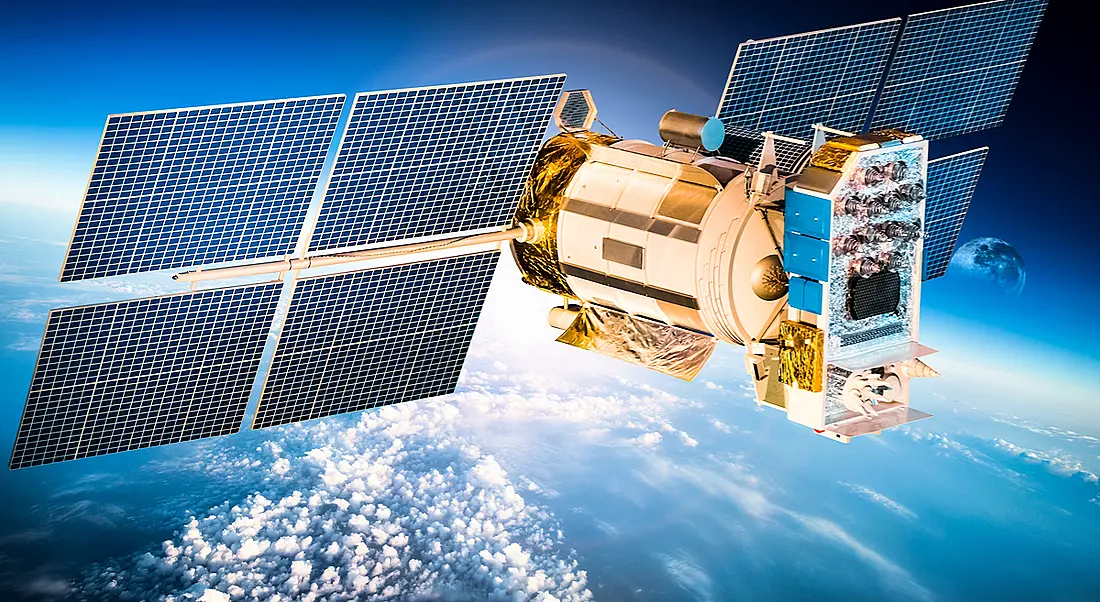French engineering firm Thales is to announce the creation of 150 engineering jobs in Belfast to build the next generation of electric engines for satellites.
Having acquired Shorts Missile Systems in 2001, French aerospace engineering company Thales has been one of Belfast’s biggest employers, with over 500 staff contributing to the design and assembly of a variety of different missile systems.
Now the company is looking to expand outside of military systems and into new space technologies, starting with the opening of a new Belfast manufacturing facility.
Far more efficient than chemical engines
According to The Telegraph, the company will reveal that it will be hiring 150 engineers immediately, with plans to have the facility’s staff numbers as high as 350 in two years’ time.
The new facility will be tasked with creating next-generation electric engines for satellites that will eliminate the need to rely on limited chemical fuels.
The company plans on retraining its staff that have been building its missile systems for years to develop these new engines that will collect energy from a satellite’s solar panels.
Once the energy has been harvested, it will be used to accelerate a supply of xenon gas to speeds of up to 100 times the speed of sound, but it will use only one-fifth the amount of fuel as chemical rockets.
To engineer such engines, extreme accuracy to the smallest detail is needed, with new engineers expected to work with measurements of just a few microns.
Tim Peake to attend opening
Launching the facility later today (18 October) will be British astronaut Tim Peake. He recently returned from a stint aboard the International Space Station (ISS), resulting in him becoming a household name, in Britain and Ireland at least.
Thales also revealed that Belfast was chosen as the site of its new centre ahead of a number of other European locations, with the investment expected to be worth tens of millions of pounds.
Thales’ chief executive, Victor Chavez, said of the importance of these new engines: “These are not experimental designs – they are already in use – and are likely to bring radical change to satellites as they enter wider use,” he said.
“Using less fuel means satellites can have much longer service lives; about half of the mass of most geostationary satellites is fuel, so the advantages are clear.”
Looking for jobs in tech or science? Check out our Employer Profiles for information on companies hiring right now.




